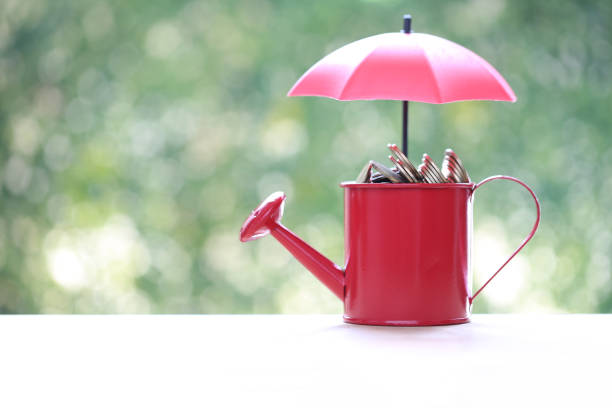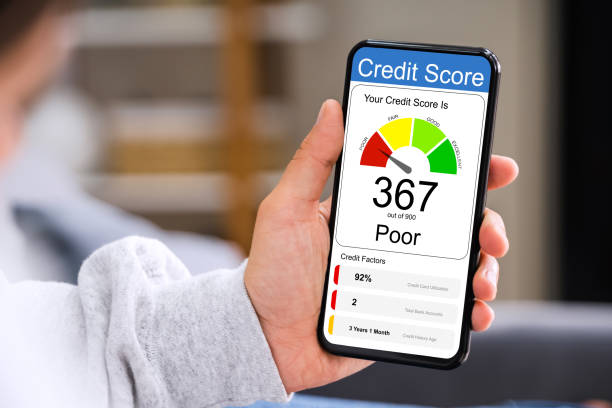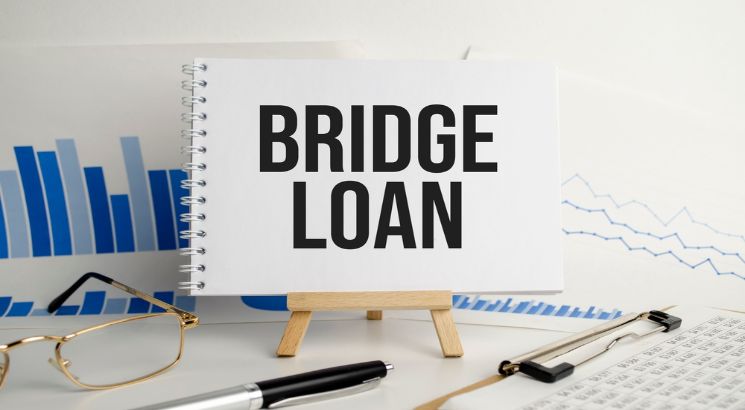
Before taking out a loan
A: I want to buy a new mobile phone, but I do not have enough savings.
B: Don’t be on edge. Why not borrow some money?
A: That’s a great idea.
After taking out a loan
A: The debt is rising. My heart sinks.
B: What can I do?
A: Excuse me? How can you say that? You should advise me on something.
B: It was your decision, so you stew in your own juice.
You may find many people advising you to borrow money when your savings fall short of cash, or you will probably deduce that it would not be too hard for you to see others tackling debt smoothly as anything.
Since the ball was in your court, you cannot hold anyone responsible for your debt problems. You were accountable for taking stock of your financial situation at the time of borrowing money.
Financial experts suggest avoiding borrowing money when your budget does not have wiggle room to pay off the debt on top of your expenses. Moreover, they suggest avoiding funding wants or inessential expenses.
Getting into debt is fun, but getting out of it is worth the effort. If you are trying to escape debt, you should try to avoid making the following mistakes:
Not working on your spending habits
Having debt means additional expenditure. In order to be able to stick to monthly payments, you will have to whittle down your spending. Figure out how much cash is coming in every month. Club income from all sources and then leave out the amount of debt.
What you are left with will be your spending budget, not to mention a small portion will also go toward emergency cushion. Find cheaper alternatives to buy food. The more frugal lifestyle you live, the better.
You might follow a very rigorous approach to dwindle your monthly spending, for instance, cancelling all subscriptions, ban on takeaways, dining out, entertainment expenses, and the like. Here are some tips on how you can live below means:
- You should make a grocery list when going to the supermarket. Buy what you need and in the desired quantity.
- Resist your temptation of impulsive buying.
- Try to live without the latest mobile phones, laptops, and other technological gadgets.
- Keep tabs on your spending so you do not lose track.
Not having a repayment strategy
If you have a couple of debts like a credit card bill, car loan, mortgage, and bad credit loans from direct lenders in the UK, You will have to make a debt repayment strategy based on your financial situation.
You cannot get rid of debt overnight, especially when you have multiple debts. Mortgage and auto loans are subject to ongoing payments, so your focus is to be able to keep up with them despite pushing some money aside from your budget for other outstanding debts.
You can use the debt avalanche or debt snowball method. Both methods are absolutely different. Do proper research and then choose a method that best suits your budget. Take advice from a financial counsellor.
If possible, you can also consult a debt management agency. They will evaluate your financial situation and then come up with a strategy that works in your favour. Debt consolidation is also a way to deal with outstanding debts.
It clubs all your dues into one large personal loan that you are to pay down in fixed equal instalments. Debt consolidation loans for bad credit could be a bit expensive. Make sure that you can repay the debt on time at the time of applying for these loans.
Not having an emergency corpus
When you are repaying your debt, you may decide not to stow away money. It sounds like a good idea to throw all “extras” toward your debt – after all, you will get rid of the debt sooner. However, this is actually not a good idea at all.
Emergencies can crop up at any time. Your car may break down, your laptop may need a repair, or you may need cash for medical treatment. If you do not have savings for such unforeseen expenses, you will end up taking out a new loan, which means you are just asking for it.
The new debt will make it more complicated for you to pay down existing debts. Further, you will end up getting money at a higher interest rate because of the bad credit report. You are more than likely to fall into debt.
Though you cannot stash away as much money as you had been doing until you fell into debt, you should still contribute some money to a rainy-day fund. Even the least sum of money will come in handy.
Not identifying debt triggers
Though you are making progress through your repaying strategy, you are not out of the woods. It is imperative to know what pushed you into debt.
- Maybe your financial management techniques were not effective.
- Your income and your spending were not in agreement.
- You never bothered to put by money on a rainy day.
- You kept up with the Joneses.
- You borrowed money to fund your wants.
- You kept on making frivolous purchases.
- You never kept tabs on your spending.
- You did not create a budget, and if so, it was not practicable and realistic.
You must know the reason why you fell into debt so you do not repeat that mistake.
The final word
It can be backbreaking to get out of debt, but by sticking to the robust repayment plan, you can get through it. Take advice from a financial counsellor or a debt management agency if you do not have clarity about tacking with your debt.
You will need to fix your spending habits, so you do not fall into debt again.

Jessica Rodz is the Senior Content Writer at Cashfacts. She has a long career in the field of content writing and editing. Jessica has the expertise in the UK lending marketplace where she has worked with 7 different lending organisations and acquired many responsibilities from preparing loan deals and writing blogs for their websites.
At Cashfacts, Jessica is managing a team of experienced loan experts and doing a major contribution in guiding the loan seekers via well-researched blogs. She has done graduation in Business (Finance) and now currently doing research papers on the UK financial sector.





